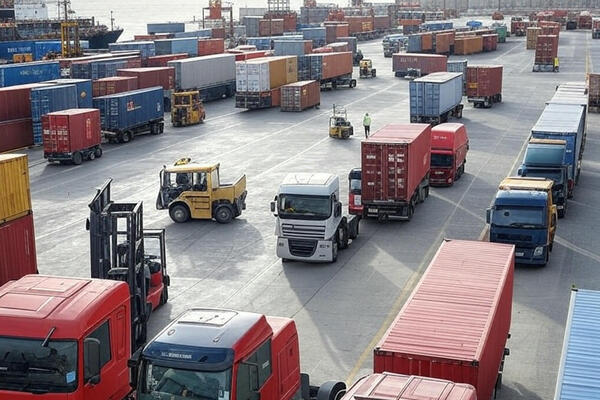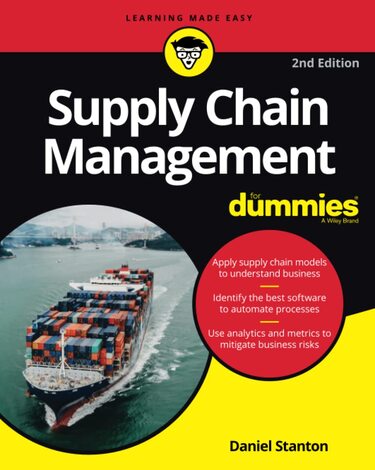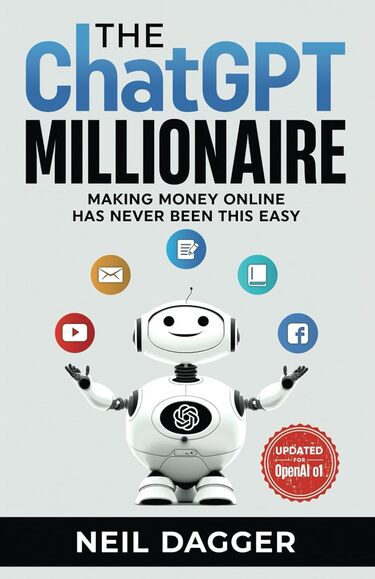Supply chain efficiency is the backbone of modern manufacturing, determining everything from production speed to cost savings. However, traditional supply chain management often struggles with delays, inefficiencies, and unexpected disruptions. Artificial intelligence (AI) is transforming this landscape, providing manufacturers with predictive insights, automation, and real-time adaptability. The integration of AI-driven solutions is no longer a futuristic concept but a necessary advancement for businesses aiming to stay competitive in an increasingly complex market.

Predictive Analytics for Demand Forecasting
Manufacturers have long relied on historical data and market trends to predict demand, but AI enhances this process with unparalleled accuracy. Machine learning algorithms analyze vast amounts of data from multiple sources, including market fluctuations, consumer behavior, and geopolitical events, to create precise demand forecasts.
A study by McKinsey found that AI-powered demand forecasting reduces errors by up to 50%, helping manufacturers avoid overproduction or shortages. This improved accuracy leads to better inventory management and significant cost reductions.
Enhancing Supply Chain Visibility
AI provides real-time visibility across the entire supply chain, allowing manufacturers to track materials, shipments, and inventory levels with greater accuracy. Traditional supply chain systems often struggle with information silos, where different departments operate independently.
AI breaks down these barriers by integrating data from multiple sources, enabling businesses to monitor supply chain performance in real time. A report from Capgemini revealed that 63% of organizations implementing AI in their supply chains experienced increased transparency and improved decision-making.
Intelligent Automation in Logistics
The logistics aspect of supply chains is notorious for inefficiencies, with factors such as transportation delays and fluctuating fuel costs impacting overall performance. AI-driven automation optimizes route planning, predicts potential disruptions, and enhances warehouse management.
Autonomous vehicles and robotics further streamline logistics operations, reducing human error and accelerating delivery times. According to a PwC analysis, AI-powered logistics solutions can cut transportation costs by up to 10% while improving delivery efficiency.

Reducing Downtime with Predictive Maintenance
Manufacturing equipment failures can cause costly delays, but AI-driven predictive maintenance minimizes this risk. AI continuously analyzes sensor data from machinery to detect early signs of wear and tear, allowing manufacturers to address potential issues before they escalate.
Research by Deloitte shows that predictive maintenance powered by AI reduces unplanned downtime by 30-50% and extends the lifespan of manufacturing equipment. This proactive approach saves both time and money while maintaining smooth production processes.
Risk Management and Resilience
Supply chain disruptions, whether due to natural disasters, geopolitical instability, or market fluctuations, can have severe consequences. AI enhances risk management by identifying potential threats before they become critical issues.
Advanced AI models assess factors such as supplier reliability, transportation risks, and economic indicators to provide manufacturers with actionable insights. According to a Gartner study, companies that incorporate AI into risk assessment strategies are 25% more resilient to supply chain disruptions than those that rely solely on traditional methods.
Sustainability and Waste Reduction
AI is also playing a crucial role in making supply chains more sustainable. By optimizing resource allocation and reducing waste, AI helps manufacturers meet environmental regulations while improving efficiency. Smart algorithms analyze production processes to minimize excess energy consumption and raw material usage.
A report by the World Economic Forum found that AI-driven sustainability initiatives in supply chain management could reduce carbon emissions by up to 20%. As consumers demand more eco-friendly products, AI ensures that manufacturers can meet these expectations while maintaining profitability.
AI is Revolutionizing Supply Chain
AI is revolutionizing supply chain optimization in modern manufacturing by enhancing efficiency, reducing costs, and improving resilience. From predictive analytics and intelligent automation to sustainability initiatives, AI-powered solutions offer manufacturers a competitive edge in an increasingly dynamic market. As the technology continues to evolve, companies that embrace AI in their supply chains will be better positioned to navigate future challenges and opportunities with confidence.

Supply Chain Management For Dummies

The ChatGPT Millionaire: Making Money Online has never been this EASY




